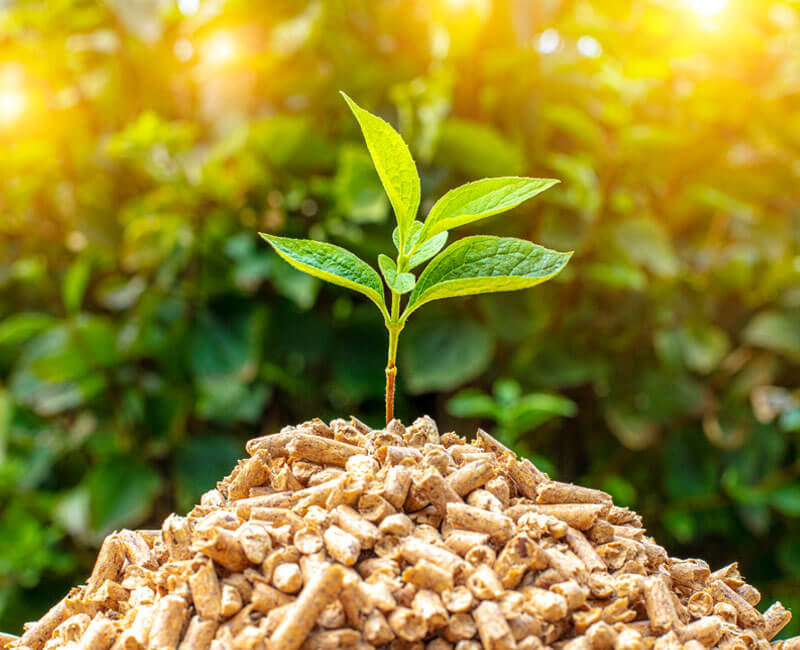

Premium quality pellets manufactured to international standards for industrial and domestic applications
State-of-the-art production facility ensuring consistent quality and output
Sourcing & screening
High‑RPM size reduction
Moisture to ~8–15%
6–10 mm dies; cooling & screening
Batch specs & dispatch
Serving diverse sectors with reliable, cost-effective energy solutions
High-temperature kilns
Electricity generation
Steam generation
Process heating
Water heating
Kitchen operations
Heating systems
Central heating
Contributing to Pakistan's sustainable development goals
Upcycles agricultural residues otherwise burned or dumped
Significantly lower CO2 emissions compared to fossil fuels
Supporting rural communities through collection and processing operations
Sourcing & logistics
Renewable
Availability
vs. coal (typ.)
Join Pakistan's leading biomass energy revolution. Let's build a sustainable future together.
Download our comprehensive guide
Knowledge Booklet (PDF)